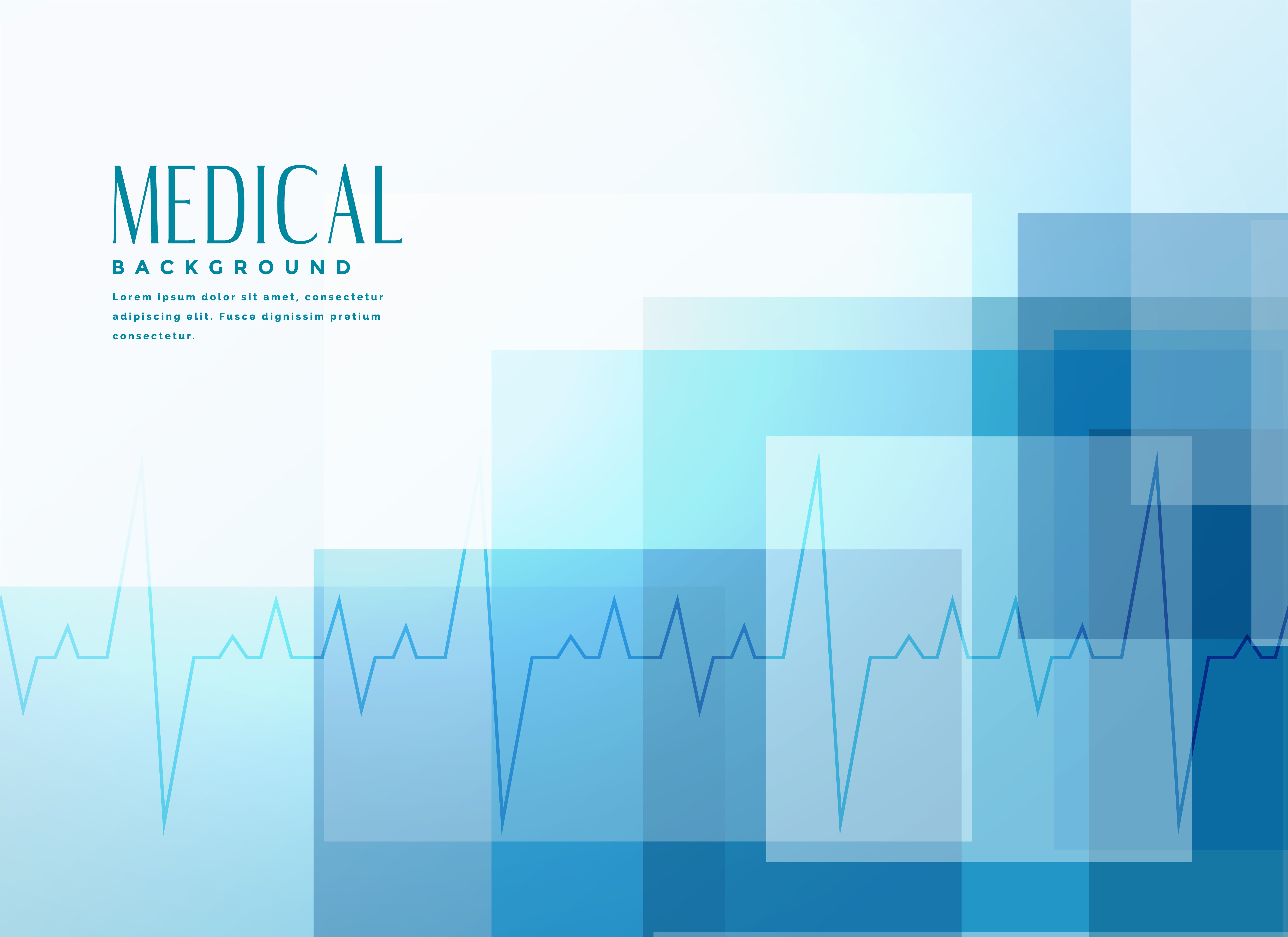Why Employers Value Certified Medical Administrative Assistants
Why Employers Value Certified Medical Administrative Assistants
Blog Article

In the rapidly evolving healthcare landscape, the role of the medical administrative assistant has become increasingly vital. As healthcare facilities strive for efficiency and accuracy, certified medical administrative assistants bring a level of expertise that is highly valued by employers. Certification not only demonstrates a commitment to professionalism but also equips individuals with the knowledge and skills necessary to navigate the complexities of medical office operations.
Employers recognize that certified professionals can contribute significantly to improved patient care and streamlined administrative processes. With the added layer of certification, medical administrative assistants are better prepared to handle patient records, manage appointments, and support healthcare teams. This is especially true in roles that overlap with medical scribes, where precision and attention to detail are paramount. As the demand for skilled administrative personnel continues to rise, the benefits of certification become even clearer in the eyes of employers looking to build a competent and reliable workforce.
Importance of Certification
Medical Scribe Classes
Certification is essential for medical administrative assistants as it demonstrates a commitment to professionalism and competency in the field. Employers prioritize certified candidates because the certification process ensures that individuals have acquired the necessary knowledge and skills to perform efficiently in a medical environment. This validation of expertise instills confidence in hiring managers, who need to trust that their staff can manage administrative tasks while adhering to medical regulations and standards.
Furthermore, obtaining certification helps medical administrative assistants stay updated with the latest trends and technologies in healthcare administration. This dynamic field is continually evolving, and certified professionals are more likely to engage in continued education and training opportunities. As a result, they can provide better support to healthcare providers and contribute to improved patient care and experience.
Lastly, certification can significantly enhance career prospects and advancement opportunities for medical administrative assistants. With a certification, these professionals can differentiate themselves in a competitive job market, making them more attractive to employers. Many healthcare organizations may also offer higher salaries and advancement opportunities to those who hold relevant certifications, recognizing their dedication and expertise in the medical administrative domain.
Key Skills of Medical Administrative Assistants
Medical administrative assistants possess a variety of skills that are essential for the smooth operation of healthcare facilities. One of the most critical abilities is effective communication. They must interact with patients, healthcare professionals, and insurance companies. Clear communication ensures that information is accurately conveyed, appointments are scheduled properly, and any issues are resolved quickly. This skill helps to foster a welcoming atmosphere for patients while maintaining professionalism in all interactions.
Another important skill is organization. Medical administrative assistants manage multiple tasks, from handling patient records to coordinating appointments and ensuring that medical billing is completed correctly. Their ability to prioritize tasks and maintain accurate records is essential for enhancing efficiency within a medical practice. This skill not only helps in managing daily operations but also contributes to improving patient care by ensuring that all necessary documentation is readily available.
Proficiency in medical terminology and software systems is also crucial. Medical administrative assistants often handle sensitive patient information and must be familiar with medical terms to communicate effectively with healthcare providers. Moreover, knowledge of electronic health records (EHR) and other healthcare technologies is becoming increasingly important as digital tools are integrated into medical practices. Being adept with these systems allows medical administrative assistants to streamline workflows and reduce errors, making them invaluable to healthcare teams.
Impact on Healthcare Efficiency
The role of certified medical administrative assistants significantly enhances the efficiency of healthcare operations. By managing appointment schedules, patient records, and insurance claims, these professionals ensure that the workflow within a healthcare facility runs smoothly. This organizational proficiency allows healthcare providers to focus more on patient care rather than administrative tasks, ultimately leading to better patient outcomes.
Furthermore, certified medical administrative assistants are trained to utilize various electronic health record systems and medical software. Their expertise in these tools minimizes errors in data entry and improves the accuracy of patient information. With reliable and well-maintained records, healthcare providers can make informed decisions quickly, reducing wait times and streamlining the overall patient experience.
As healthcare systems face increasing demands for efficiency and quality care, certified medical administrative assistants play a crucial role in bridging gaps between patients and providers. Their certification not only validates their skills but also assures employers of their commitment to improving operational workflows. By contributing to a more effective healthcare environment, these professionals help in delivering timely and efficient medical services.
Report this page